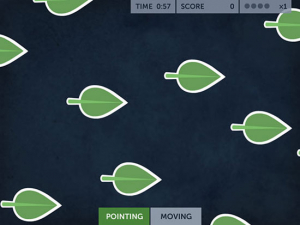BAPS is a new Breast Cancer Recovery study opening at the O’Neal Comprehensive Cancer Center. As part of our focus on healthy recovery from cancer and its treatment, we try to offer programs that will support women in their recovery. We are studying a new program that is designed to help women find ways to be active and productive in all areas of life including managing work and employment, taking care of their home and family, and doing healthy activities such as exercise, leisure, hobbies, and socializing. The 9-session program happens over the telephone, at times that are convenient for you. If you would like to learn more about the study, please call 205-996-0384
